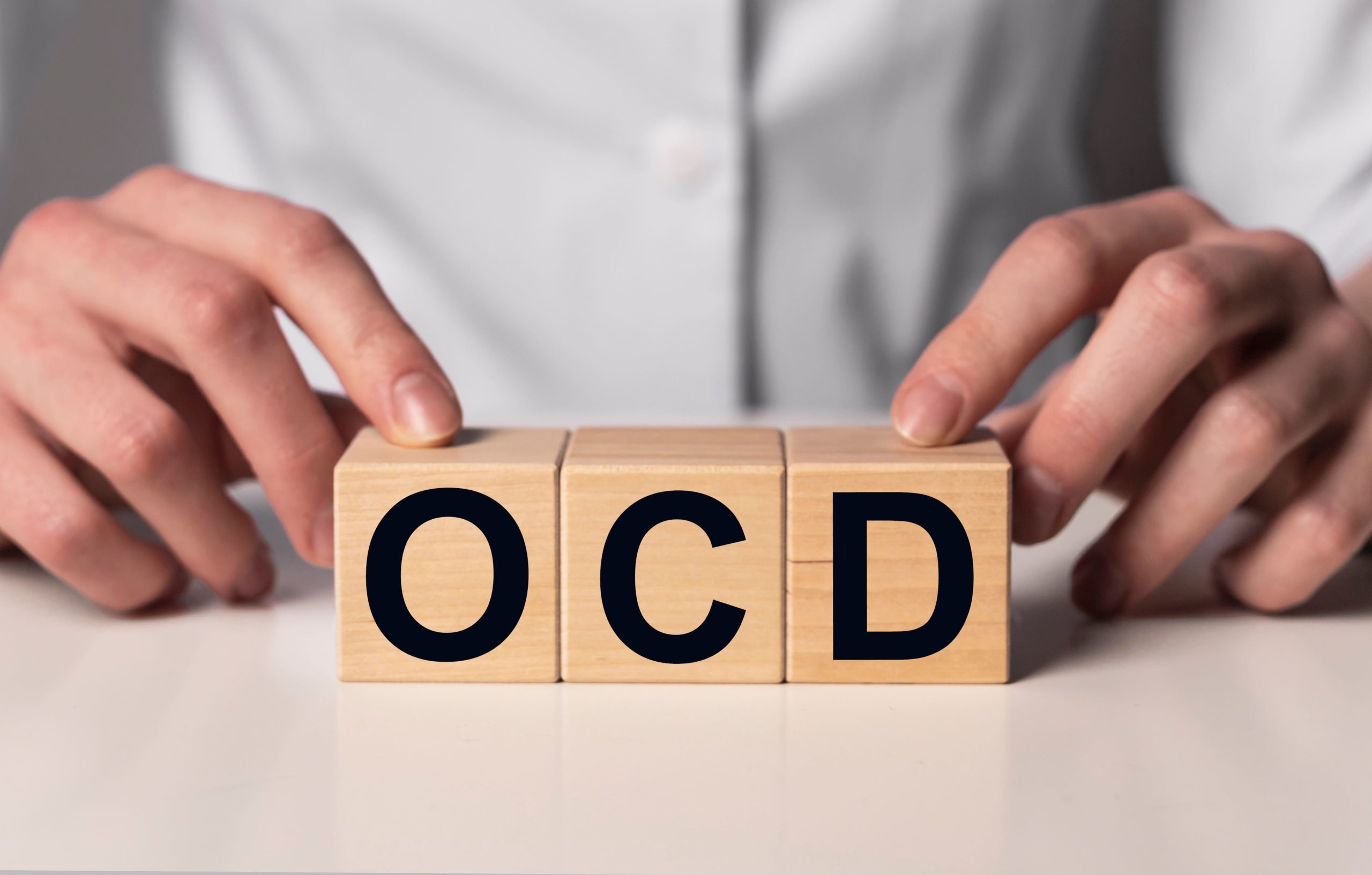

OBSESSIVE COMPULSIVE DISORDER
What is Obsessive Compulsive Disorder (OCD)?
OCD is a common and chronic disorder in which a person has uncontrollable, reoccurring thoughts (“obsessions”) and/or behaviors (“compulsions”) that he or she feels the urge to repeat over and over.
Examples of obsessions are:
- Fear of germs or contamination
- Unwanted forbidden or taboo thoughts involving sex, religion, or harm
- Having things symmetrical or in a perfect order
Examples of compulsions in response to obsessive thoughts are:
- Excessive cleaning and/or handwashing
- Ordering and arranging things in a particular, precise way
- Repeatedly checking on things, such as repeatedly checking to see if the door is locked or that the oven is off
- Compulsive counting
Does being neat mean I have OCD?
No! Being neat and having OCD are not necessarily the same thing!
Individuals with OCD generally:
- Can’t control their thoughts or behaviors, even when those thoughts or behaviors are recognized as excessive
- Spend at least 1 hour a day on these thoughts or behaviors
- Don’t get pleasure when performing the behaviors or rituals, but may feel brief relief from the anxiety the thoughts cause
- Experience significant problems in their daily life due to these thoughts or behaviors
What causes OCD symptoms to develop?
Like many mental health disorder, the causes for OCD are not actually fully known. What we do know are there are risk factors that place a person at a higher risk for developing OCD and these are:
- Genetics – Having a relative (parent, sibling, child) with an OCD diagnosis
- Structural differences in certain areas of the brain
- Environment – research has shown associations between childhood trauma and obsessive compulsive symptoms
How is OCD usually treated?
OCD is typically treated with medication, psychotherapy, or a combination of the two.
Research shows that certain types of psychotherapy, including cognitive behavior therapy (CBT) and other related therapies (e.g., habit reversal training) can be as effective as medication for many individuals with OCD.
Research also shows that a type of CBT called Exposure and Response Prevention is effective in reducing compulsive behaviors in OCD, even in people who did not respond well to SRI medication.
If you believe you or your child have obsessions or compulsions that are interfering with your or their everyday life, please do call us at (470) 610-0414 to speak with us and determine which treatment option is best for you.

